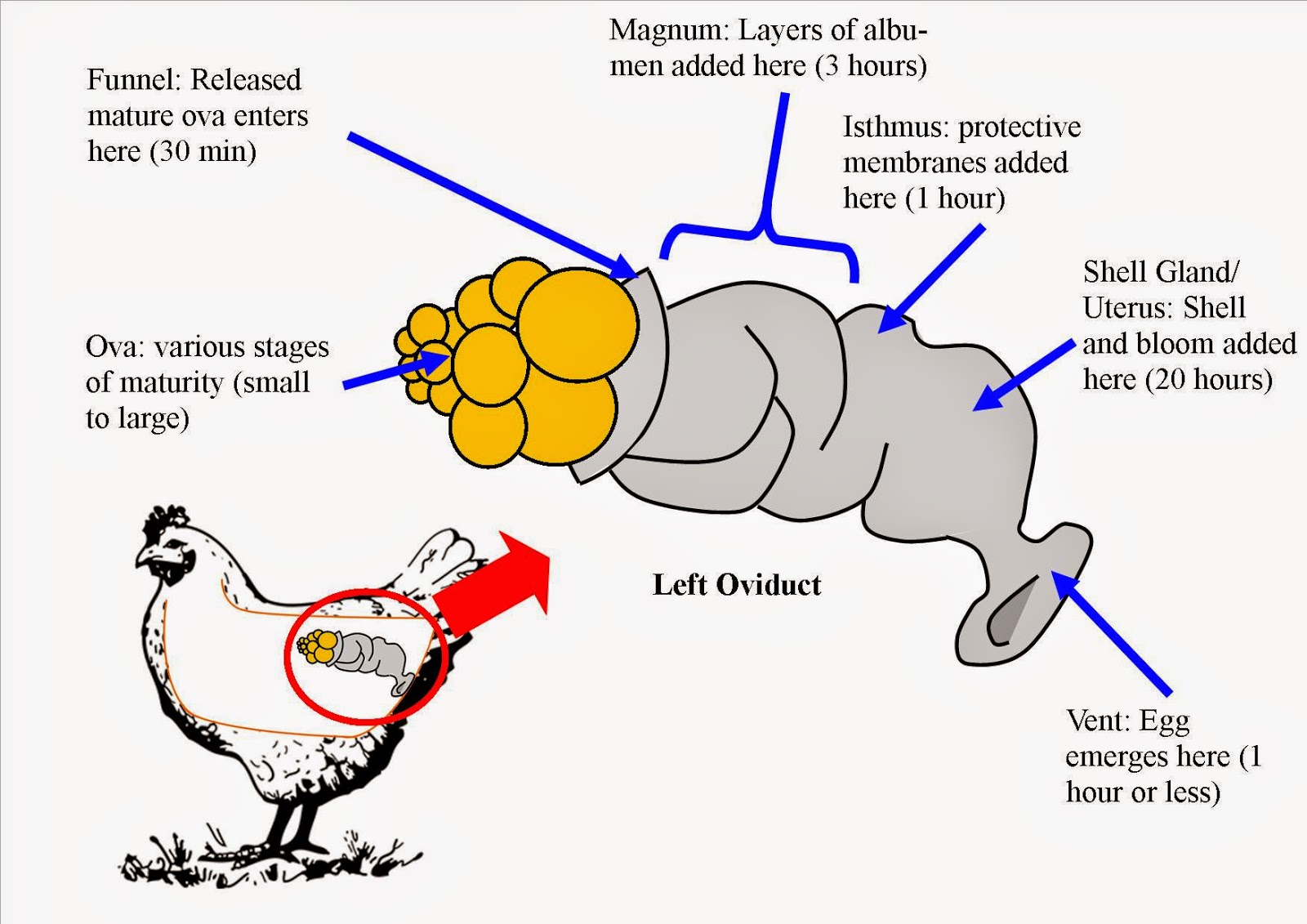The vent, also known as the cloaca, is an essential part of a chicken’s anatomy. Located on the underside of the bird near the base of the tail, the vent serves multiple important functions. Understanding where the vent is and what it does is key for any backyard chicken owner.
What is the Vent?
The vent is a multipurpose opening on a chicken that
- Allows a hen to lay eggs
- Enables both hens and roosters to excrete waste
- Is used for mating between roosters and hens
So in simple terms, it’s the all-in-one rear exit and entry point on a chicken.
Where Exactly is the Chicken Vent Located?
The vent is situated directly under the tail, above the uropygial gland and between the legs. It’s the only opening found on the underside of a chicken.
You can identify the vent as a slightly raised area that looks a bit like pursed lips It will be circled by small, soft feathers and is typically a pale pink color
On roosters, the vent is located a little further back than on hens. It also tends to be smaller and less visible.
How to Find the Vent
Locating the vent is easy on most chickens. Simply turn the chicken over and examine the underside. Or gently lift the tail feathers to reveal the vent area.
It can be trickier to spot on chickens with heavy feathering in this region. Carefully parting the feathers with your fingers should expose the vent opening.
In rare cases, a prolapsed vent may temporarily protrude outside the body, making it obvious. But this requires prompt veterinary attention.
The Importance of the Chicken Vent
-
Egg laying: For hens, the vent allows eggs to pass out of the body. Finding and collecting freshly laid eggs relies on easy vent access.
-
Mating: The rooster’s vent delivers sperm into the hen’s vent during mating. Fertilized eggs depend on an open, healthy vent.
-
Defecation: Feces and urine exit the body via the vent in both sexes. Blocked vents can cause sickness.
-
Determining sex: Vent size and shape differs between cockerels and pullets. Examining vent anatomy assists in accurately sexing chicks.
-
Health checks: Regular inspection of the vent region helps monitor chicken health and cleanliness. Changes can indicate problems.

The Crop: Your Chicken’s Storage Bag
The crop is a muscular bag at the bottom of the chicken’s neck that stores anything chickens put in their mouth. Food, treats, bugs and grass are regular visitors in a chicken’s crop. A chicken’s crop should be empty and flat in the mornings. Throughout the day as they eat and graze, their crop will fill up and be in the shape of a small ball. It will pass into the gizzard overnight and empty out. If the crop gets impacted, your chicken needs extra attention.
Occasionally, a chicken’s crop can get impacted. If this happens, separate the affected bird and remove the food source from her. Give her water and a little bit of olive oil to loosen things up. Gently massage the crop and allow her plenty of rest and water. It should pass. If it doesn’t pass, you will need to give her more attention. If you don’t it can become a problem like sour crop!
The Gizzard: Nature’s Grinder
The gizzard of a chicken is very important. Because chickens don’t have teeth and swallow their food whole, they need this organ to grind and mix their food. Chickens drink a lot of water to soften the food in their crop. They will also pick up small rocks (I provide grit) to grind their food up inside the gizzard. It’s a muscular organ that does this! Isn’t that cool?
What’s a chicken “vent” & how to identify poultry mites
FAQ
How to unblock a chicken vent?
- Put two tablespoons of Epsom salts into a washing up bowl half full of comfortably hot water.
- Sit your hen into the water and allow her to soak her bottom for a good 10 minutes – she will probably enjoy this and may start to nod off! …
- Take her out and pat the wet area dry with a clean old towel.
What is the vent of a female chicken?
Vent sexing
Some females also have bumps, though they are rarely as large as those of male chicks. The eminence or genital organ is found midway on the lower rim of the vent, and looks like a very small pimple. Most males have a relatively prominent eminence; most females have none.
